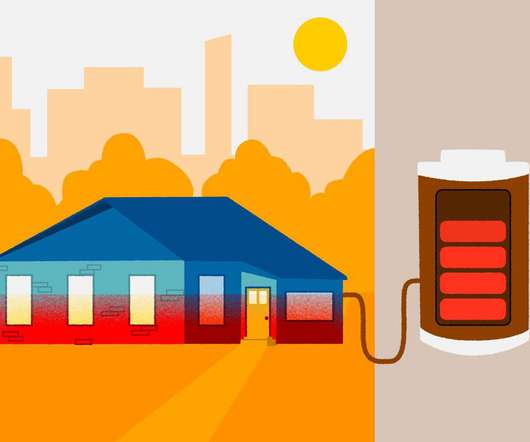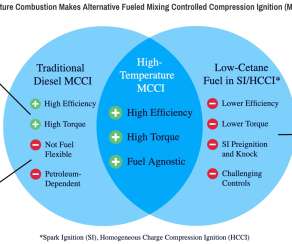DOE awarding $46M to 8 companies to support commercial fusion energy development
Green Car Congress
JUNE 4, 2023
IFE Pilot Plant with a Low-Cost, High-Energy Excimer Driver and the HYLIFE Concept. Xcimer’s technology is enabled by innovations originally pioneered for national security applications, which significantly reduce the cost of the laser system conventionally considered the most expensive component of an IFE power plant.

























Let's personalize your content